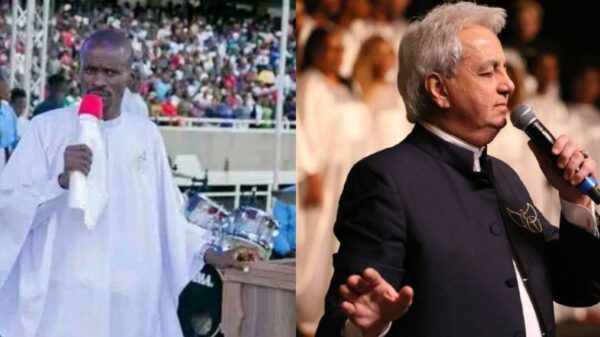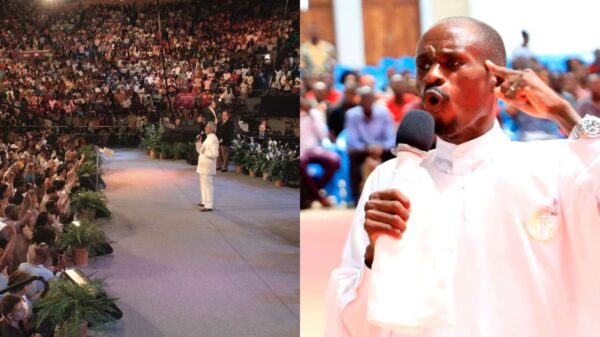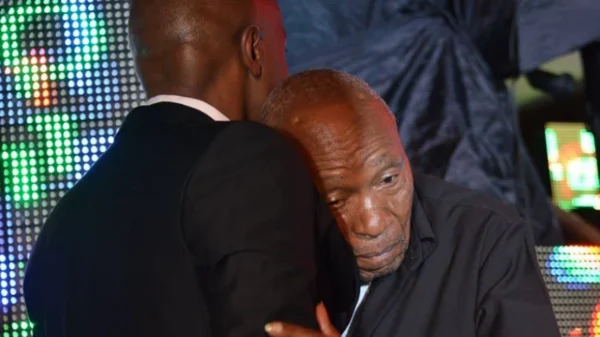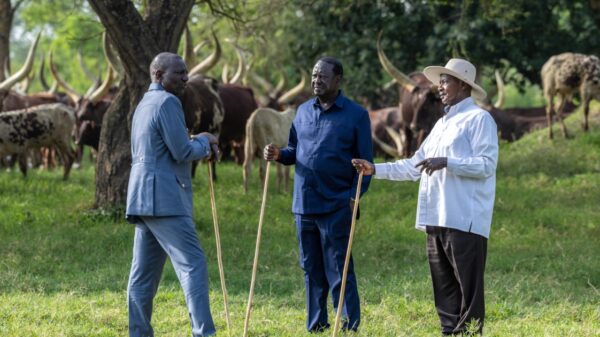- Eric spoke out against the government’s potential plans to tax content creators
- He insisted that young individuals who make a living through online platforms to be exempted from such levies
- He argued that authorities lacked sufficient knowledge on the cohort’s realities and struggles
Follow us on Facebook and Twitter for the latest entertainment news and exclusives
Renowned comedian Eric Omondi has spoken out against the government’s potential plans to tax content creators, calling for young individuals who make a living through online platforms to be exempted from such levies.
In a recent interview, Omondi passionately expressed his concerns, urging policymakers to recognize the efforts and challenges faced by this burgeoning group of entrepreneurs.
Amidst a heated tax debate, Omondi emphasized that the government should refrain from imposing taxes on the income generated by young content creators, arguing that authorities lacked sufficient knowledge of their realities and struggles.
He accused the government of neglecting the support of these individuals, labeling any potential taxation as tantamount to theft.
Drawing from his own experience, Omondi revealed that he had relied on content creation platforms, particularly YouTube, for his livelihood for the past sixteen years since graduating from Daystar University.
“For a person like me for example I have relied on content creation on YouTube ever since I left Daystar university sixteen years ago” He said. ” The platform has helped me to pay my rent and even a livelihood, hence the government should keep away from taxing this sector of the economy. ” a disgruntled Eric said in the interview.
Like many others in his field, he has found a niche in the digital realm, connecting with millions of viewers across various online channels.
Content creation has emerged as a viable career path for many young individuals, allowing them to showcase their creativity, talent, and unique perspectives while entertaining and educating audiences worldwide.
However, the taxation of their earnings could potentially hinder their growth, undermine their financial stability, and stifle their contributions to the country’s creative industry.
The government, in response to Omondi’s remarks, has yet to issue an official statement. However, it is expected that the concerns raised by the comedian and other content creators will be given due consideration as policymakers navigate the tax landscape.
Balancing revenue generation and fostering a conducive environment for the growth of the digital creative industry will likely be key considerations in future tax policy discussions.
Even as the discussion unfolds, the fate of taxation for content creators hangs in the balance. The impact of potential levies on their livelihoods and the broader creative landscape remains a topic of interest, with many eagerly awaiting the government’s stance on the matter.
Follow us on Facebook and Twitter for the latest entertainment news and exclusives




























